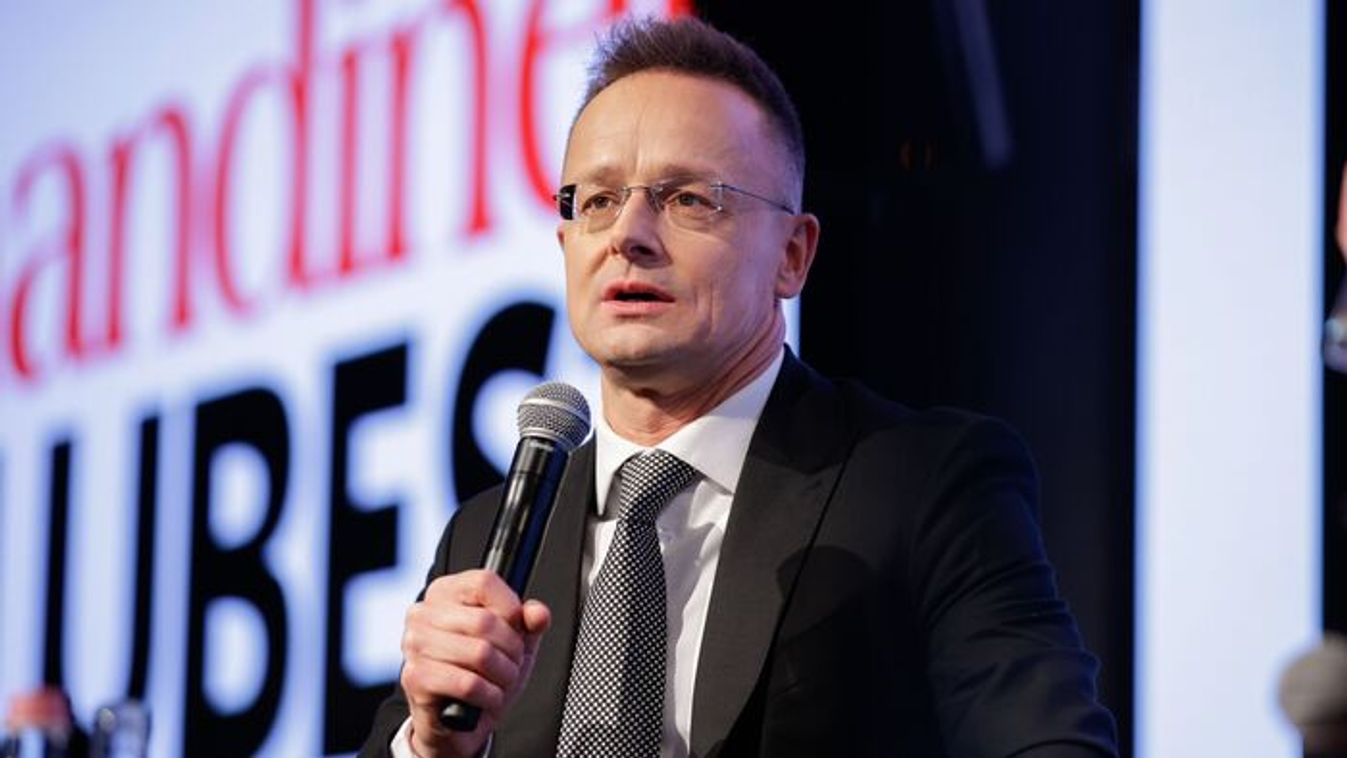Elemző: nem a Fidesz legfőbb érdeke, hogy nyilvánosságra kerüljön Magyar Péter legsötétebb titka

Az sem maradt sokáig rejtély, miért „ijedhettek meg egy ágy képétől” a baloldalon.

The legitimacy of the East’s rulers has been thrown into question.
„A key reason why the Western European model was not reproducible in the East is because it rested in large part on the US military presence and financial assistance in Europe, which was in turn based on the geopolitical importance of the West as a bastion against the Soviet Union. In other words, this model was built on the very conditions that Eastern states wanted to converge away from. Yes, the East accepted US-guaranteed safety and funds from the EU, but the political underpinnings of this Europe-wide system have become weaker in recent years. It certainly does not enjoy the moral authority of something like the reconstruction of Europe post-1945.
And so the 2008 crisis, the crumbling of the economic and geopolitical pillars of the idea of »Western Europe«, led to the calling into question of the political legitimacy of the post-1990 political class in the East, too. For more and more people have come to the realisation that their post-1990 goals are largely unattainable, and are based on a model that has proven weak. Now we are witnessing the emergence of new kinds of political actors, who base their legitimacy on something very different to the Western model. In the rhetoric of these so-called populists, Brussels becomes the enemy, and tragically so do some of the fundamental freedoms that were promised, if not realised, by the Western model.

Eastern elites’ failure to deliver on higher wages and more freedom, including the freedom of consumption, was down to the fact that, post-1990, they were pushing an ideology which even in the West was in its dying years: neoliberalism. The path offered to the East was not the path of Western Europe in the postwar reconstruction period, or even the 1970s; rather, it was the path of the 1980s. It turns out that this path was an historically and geographically special way of doing political economy, not a universal model for all. And so now there is a political and moral gap in the East, being filled by a new kind of politics.”